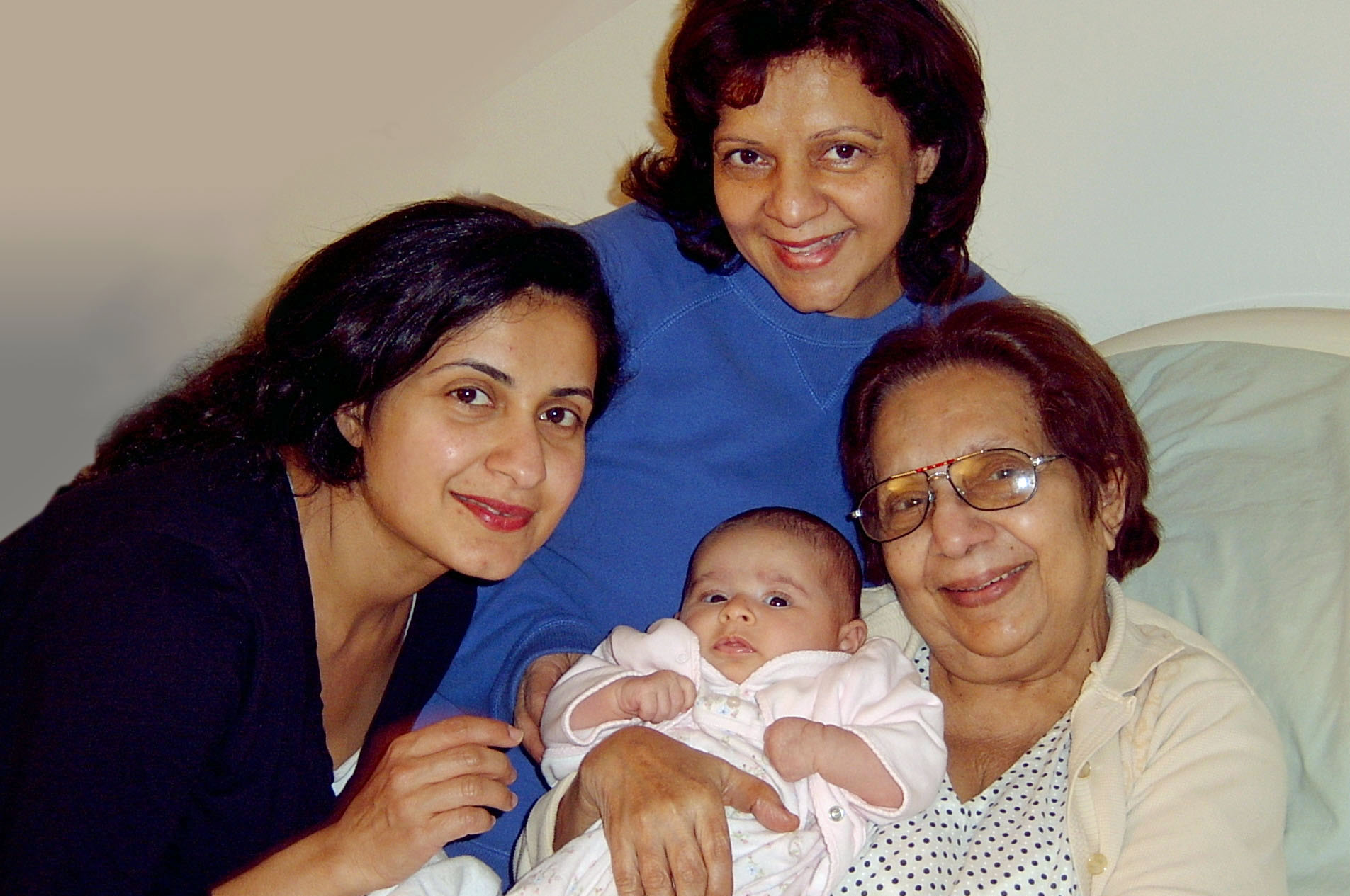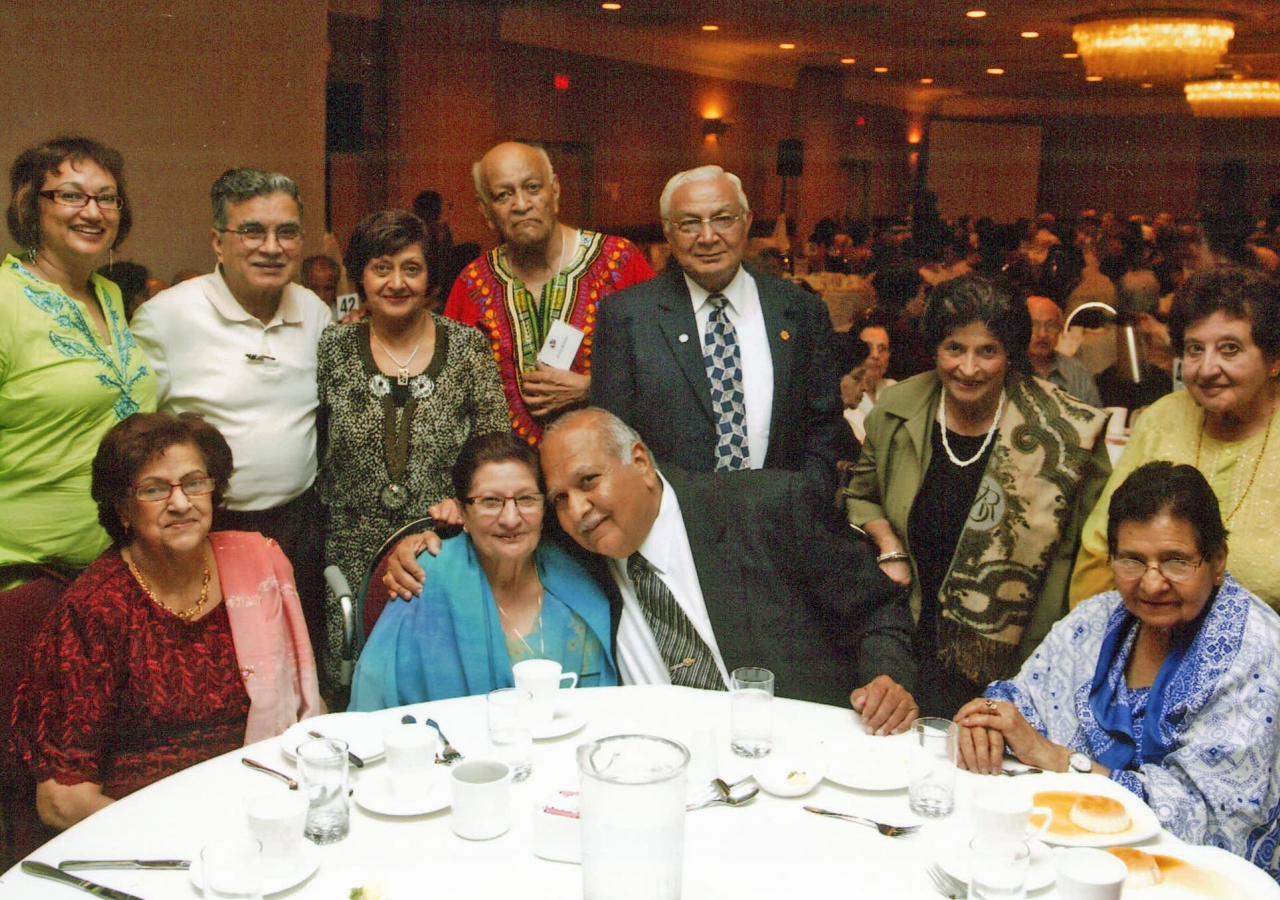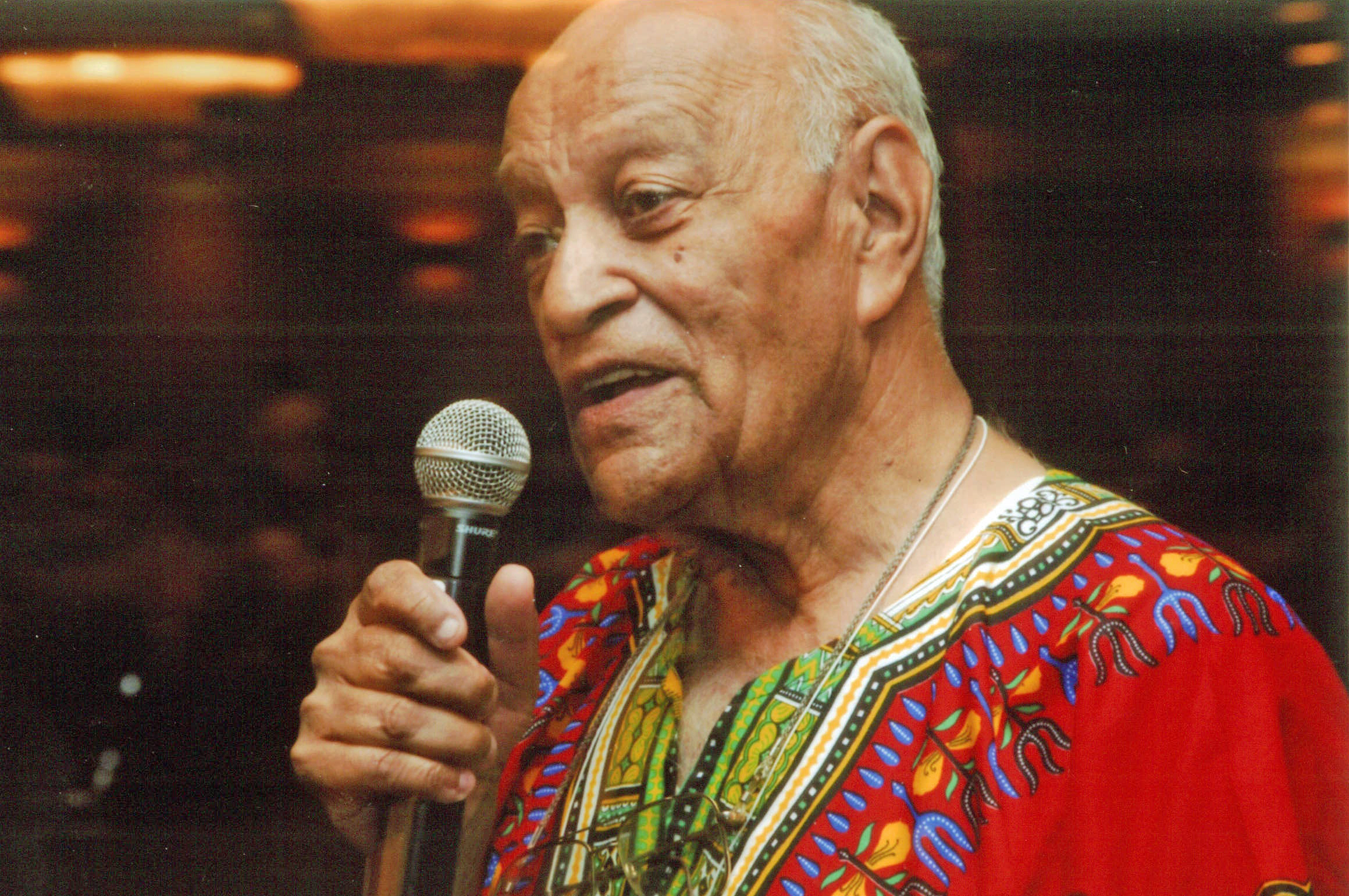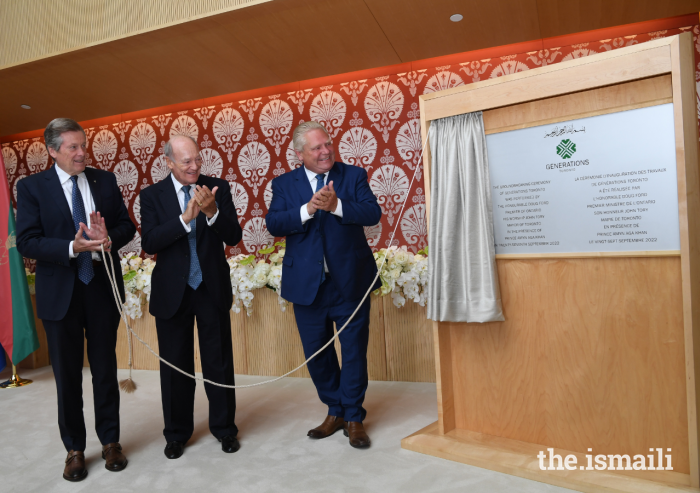Roshan Budhwani never wanted to leave her surroundings, let alone her country. After all, she had worked hard to make her home what it was – a safe haven in her old age. But in their 70s, she and her husband, Tajuddin, made the gut-wrenching decision to leave their Karachi home, and move in with their only daughter, Nilusha Patel, in California.
 Four generations of Budhwani girls (L to R): Nazleen, Nilusha, Baby Rayna and Roshan. Courtesy of Nilusha Patel
Four generations of Budhwani girls (L to R): Nazleen, Nilusha, Baby Rayna and Roshan. Courtesy of Nilusha Patel“The choice was tough for them but a necessary one to make,” says Nilusha. “I knew I would be the eventual caregiver, and wanted my parents to be close to me before old age completely took over.”
It was a well thought out plan. As aches and illnesses took over their lives and their health slowly deteriorated, the elderly couple started relying more and more on their daughter and her family for their loving care. In September 2008, Roshan's husband passed away and a few months later she suffered a fall – an incident that further weakened her.
“My daughter cares for me while preserving my dignity,” says Roshan, becoming emotional. “When I was at the hospital, she made sure all my needs were met and that I had a shawl around my shoulder to keep me warm.”
Statistics show that longevity today can extend well beyond life expectancies of the past. More and more couples are finding themselves part of the sandwich generation, who must contend with caring for their parents while raising their own children.
 Doing her part: Little Rayna used to push the wheelchair of her late great-grandfather, Tajuddin Budhwani. Courtesy of Nilusha Patel
Doing her part: Little Rayna used to push the wheelchair of her late great-grandfather, Tajuddin Budhwani. Courtesy of Nilusha PatelNilusha is often torn between wanting to visit her own grandchildren in Seattle and looking after her parents. At any given moment, she tries to focus her energies where they are needed most. “I tell myself everyday that this is the most important task at this time in my life,” she says. “My parents were there for me when I was young. It is my turn to serve them now.”
Ageing gracefully
“When family members come together to integrate ageing members, it doesn't feel like care giving; rather, it's simply a part of being a family,” says Henna Budhwani, who, as a member of the Aga Khan Social Welfare Board for the United States, is involved with its Aging Gracefully Initiative. A recent project, it seeks to improve the quality of life of Ismaili seniors by focusing on their physical and mental health, while reducing their social isolation and loneliness. It also promotes life-long learning among seniors and educates the general population about ageing and associated changes.
“Care giving is complex and functionality is key,” says Henna. “An older adult who is vibrant and capable, typically wants affection and integration in the family. For those who have ailments and limitations, the responsibilities become wider and may include transporting, medication compliance, and providing social and emotional support.”
Adoptive caregivers
Yasmine Virji, a resident of Torrance, California, has, for the past 18 years, been selflessly assisting seniors in the community. She takes them for doctor's visits, helps them with paperwork, visits with them, and takes them out to eat. Her most recently “adopted mother” is 86-year-old Gulbanu Sumar, who has no children of her own and has been a widow for just over a year.
But Yasmine notes that caring for others is not without its challenges. She recalls a time when her own children were young and her new business was experiencing growing pains, and she was contending with her own health issues. Nevertheless, she would set aside her needs to attend to a community senior in distress.
“It all seemed to work out somehow,” she says. “Things would fall in place and allow me to care for those who needed it the most at the time.” She also had the support of her husband Salim, who is quick to remind their children that the blessings in their lives are due, in part, to the assistance their mother provides to the elderly.
Yasmine would like to see more people come forward to take some time out from their busy schedules to provide simple assistance to the seniors. “It would brighten their day if someone just visited them once in awhile to talk or took them out to eat or go grocery shopping,” she says.
Studies show that there are many benefits of care giving, not just for the recipient but also for those extending care. Stephanie Brown, a social psychologist and an assistant professor in the department of internal medicine at the University of Michigan, published a study in Psychological Science that states that care giving leads to longer life. Another study that appeared in Stroke showed that 90% of caregivers interviewed feel that providing care enables them to appreciate life more fully and helps them develop a more positive attitude.
Yasmine agrees with the finding and finds it fascinating that over time, her life gradually moulded, allowing her more time to care for the seniors. “I am blessed to have the opportunity to serve those who need care,” she says, “and in doing so, I have found immense satisfaction in my life, not just in a worldly sense but spiritual as well.”
“Dignity for all, especially for seniors”
That is the motto of 77-year-old Abdul Makalai of Calgary, Alberta who originally arrived as a refugee from Uganda. He is a volunteer supporter and advocate for over 480 Canadian Ismaili seniors. From assisting with issues of financial independence and transportation, to citizenship and healthcare, Abdul – who is fluent in over six languages – considers it his mission to help the elderly.
In the coming years, the Jamat will have to find new and creative ways to ensure that care giving remains dignified, uplifting and compassionate, even as the needs and numbers of elderly in the community grows. “Have patience,” advises Nilusha to other caregivers of the elderly. “Put yourself in their shoes and imagine your life. Compassion will come naturally.”Abdul began assisting seniors after losing his daughter Zaitoon, to cancer in 1998. “It was my daughter's dying wish that I help the people of this country,” he says. “We owe a lot to this country. It provided us protection when we had no home.” Over the years, Abdul has been recognised and honoured for his contributions by three levels of government – federal, provincial, and municipal.










